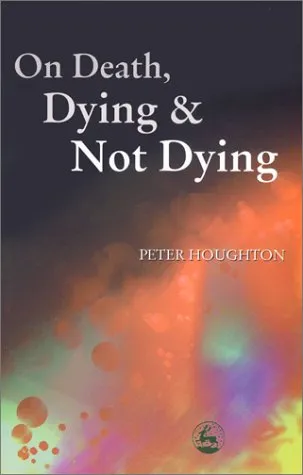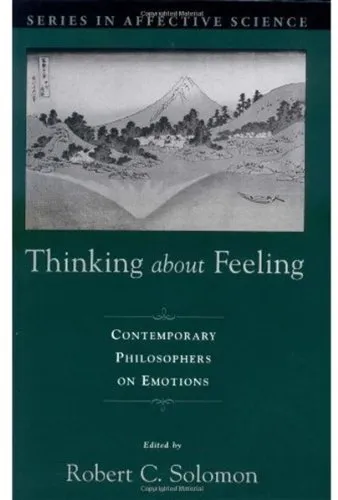The Birth of Tragedy: A Commentary
4.8
Reviews from our users

You Can Ask your questions from this book's AI after Login
Each download or ask from book AI costs 2 points. To earn more free points, please visit the Points Guide Page and complete some valuable actions.Related Refrences:
Introduction to "The Birth of Tragedy: A Commentary"
Welcome to an insightful exploration of Friedrich Nietzsche's seminal work, "The Birth of Tragedy," with a detailed analysis and commentary that seeks to unearth the deep philosophical underpinnings and cultural reflections contained within. This commentary is aimed at providing readers with a robust understanding of Nietzsche's exploration of art, culture, and the dual aspects of the human experience.
Detailed Summary of the Book
In "The Birth of Tragedy: A Commentary," the narrative revolves around the pivotal themes of Nietzsche's original text, focusing on the Apollonian and Dionysian dichotomy. Nietzsche introduces these two artistic forces as central to the understanding of the ancient Greek tragedy. The Apollonian aspect represents order, rationality, and individuality, akin to the attributes of the god Apollo. On the other hand, the Dionysian aspect symbolizes chaos, emotion, and collectivism, reflecting the essence of Dionysus, the god of wine and festivity.
My commentary delves into how these two opposing forces are reconciled in the realm of Greek tragedy, providing a space where rationality and emotional depth coexist. This synthesis delivers profound insights into the human condition, illustrating Nietzsche's belief that embracing both aspects leads to a more comprehensive understanding of life and art.
Furthermore, the book elaborates on Nietzsche's critique of modern culture and his assertion that contemporary art forms had lost the balance found in classical Greek tragedy, culminating in what he perceives as a cultural decline.
Key Takeaways
- Apollonian vs. Dionysian: Understanding the dual nature of existence and its impact on art and culture.
- Tragedy as a Cultural Phenomenon: Insights into how ancient Greek tragedy synthesized opposing forces to produce profound cultural narratives.
- Cultural Critique: Nietzsche's perspective on the state of modern art and culture, advocating for a return to the profound synthesis found in Greek tragedies.
- Existential Reflection: Exploring the philosophical questions of existence, individuality, and collective experience through Nietzsche's lens.
Famous Quotes from the Book
Here are some impactful statements from "The Birth of Tragedy" that resonate through the commentary:
"Life without music would be a mistake."
"We possess art lest we perish of the truth."
These quotes underscore Nietzsche's belief in the transformative power of art and the delicate balance between truth and beauty.
Why This Book Matters
"The Birth of Tragedy: A Commentary" stands as a crucial guide to one of Nietzsche's earliest and most influential works. It serves as a gateway to understanding his broader philosophy and his critique of contemporary culture. By examining the balance between the Apollonian and Dionysian elements in art, this commentary provides valuable insights into achieving a more holistic understanding of humanity's creative impulse.
Moreover, it invites readers to reflect on the cultural and aesthetic forms that shape society, encouraging a return to the powerful synthesis of rationality and emotion found in ancient art forms. In doing so, the commentary not only sheds light on Nietzsche's philosophy but also offers a timeless reflection on the role of art in human life.
Free Direct Download
You Can Download this book after Login
Accessing books through legal platforms and public libraries not only supports the rights of authors and publishers but also contributes to the sustainability of reading culture. Before downloading, please take a moment to consider these options.
Find this book on other platforms:
WorldCat helps you find books in libraries worldwide.
See ratings, reviews, and discussions on Goodreads.
Find and buy rare or used books on AbeBooks.
1317
بازدید4.8
امتیاز0
نظر98%
رضایتReviews:
4.8
Based on 0 users review
Questions & Answers
Ask questions about this book or help others by answering
No questions yet. Be the first to ask!
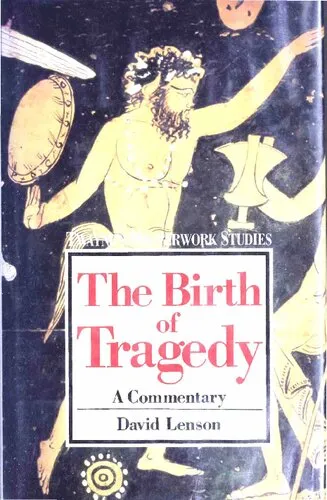

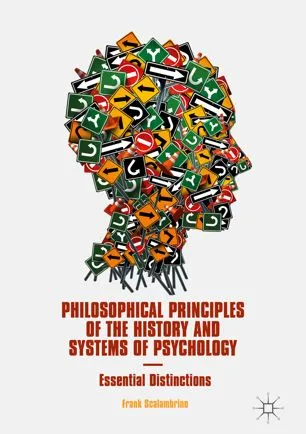
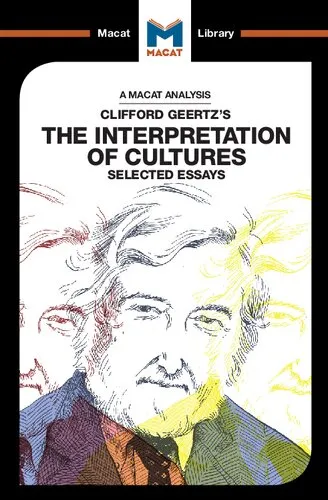

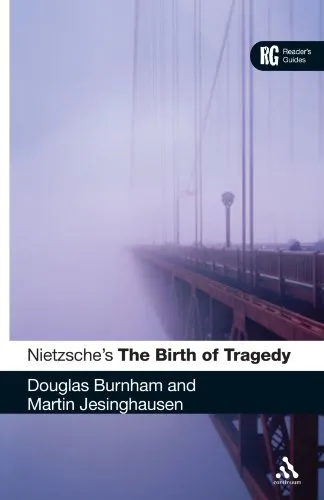
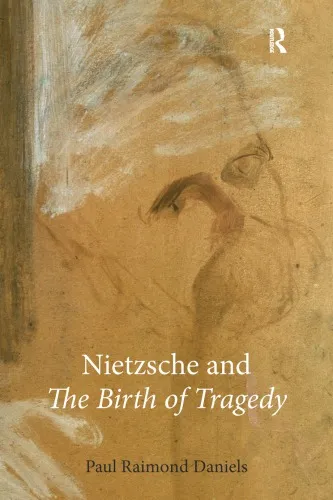
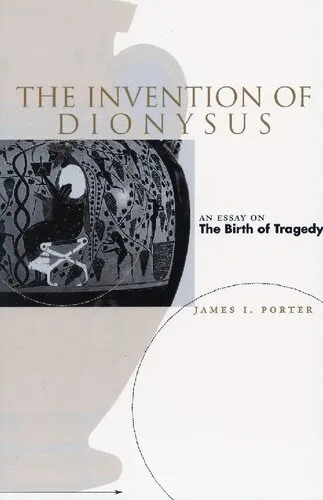
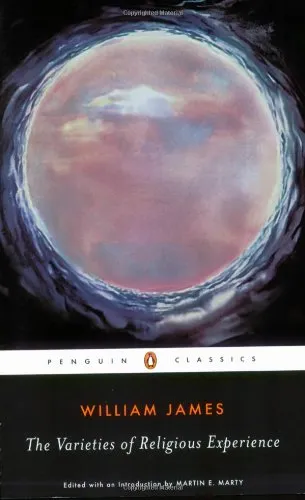
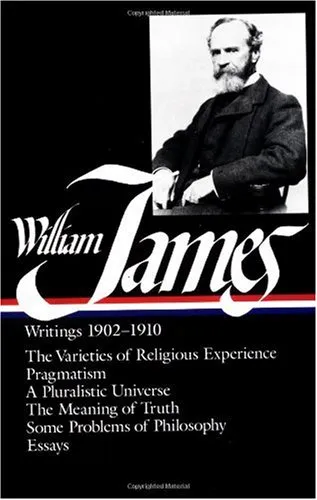
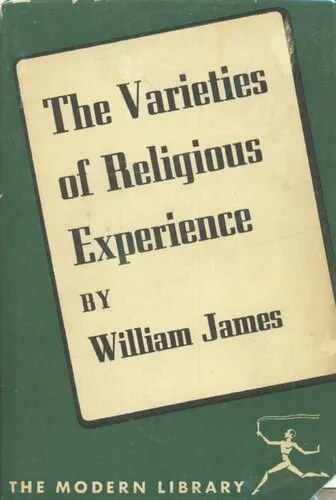
![The Blank Slate. Modern Denial of Human Nature [html,ugly]](https://s3.refhub.ir/images/thumb/The_Blank_Slate__Modern_Denial_of_Human_Natur_18866.webp)
